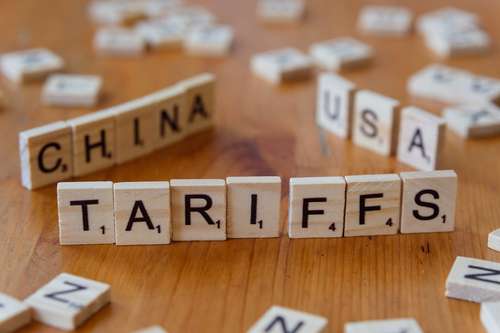At the G20 summit in Bali, the heads of finance "strongly condemned" the conflict in Ukraine and voiced worry about a "alarming rise in food and energy instability."
On Sunday, the group's finance ministers and central bank governors vowed to combat food shortages and rising prices, which continue to "disproportionately" affect weaker nations.
The statement from the central bank of the host country, Indonesia, noted that "many members agreed that the recovery of the global economy has stalled and is facing a serious setback as a result of Russia's war against Ukraine, which was harshly denounced, and urged for an end to the war."
Many members are prepared to act swiftly as a group to address food security, especially by collaborating with other projects.
"Members underlined that existing difficulties have gotten worse, including supply-demand imbalances, supply interruptions, and higher commodity and energy prices, which have led to rising inflationary pressures and increased the risk of food insecurity."
According to the statement, "several members underlined the significance of sustained action on climate change, as well as on addressing debt risks."

Delivery of food, fertilizer, and fuel to many nations throughout the world, especially those in Africa and the Middle East, has been delayed and limited as a result of the disruption of supply chains caused by the epidemic, which has now been made worse by the Russia-Ukraine situation.
According to the statement, "many members stand ready to take quick collective steps on food security, including by collaborating with other projects."
All G20 central banks generally concurred to combat inflation and craft monetary policies that would restrain rising prices.
The heads of central banks and ministers of finance also restated their commitment to containing the COVID-19 pandemic.
Members agreed to uphold their COP26 commitments to achieve carbon neutrality and net zero targets after talking about climate change.
The group committed to gradually eliminating and rationalizing "inefficient fossil fuel subsidies that incentivize wasteful consumption" during the medium term.
“We continue to recall and reaffirm the commitment made by developed countries, to the goal of mobilising jointly $100 billion climate finance per year by 2020 and annually through to 2025 to address the needs of developing countries, in the context of meaningful mitigation actions,” the statement said.
The group decided to speed up efforts to combat money laundering and terrorist funding while acknowledging that there has been progress in the use of digitalization in financial transactions around the world.
In the statement, it was stated that "we encourage continuing discussions on central bank digital currencies since these may be structured to ease cross-border payments while maintaining the integrity of the international monetary and financial system."




